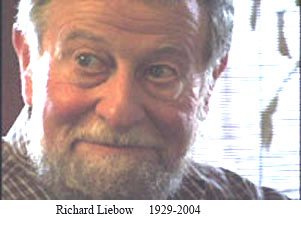- G’s fundamental ideas concerning man.
- Absence of unity.
- Multiplicity of I’s.
This is not just true for the individual, but maybe for a whole
nation, more precisely it is applicable to the world. (No nation wants to give up its
suvereignty.)
- Construction of the human machine.
- Psychic centers.
- G's method of exposition of the ideas of the system.
- Repetition unavoidable.
This refers to some of material which could not be presented
without occasionally being repeated.
- What the evolution of man means.
- Mechanical progress impossible.
- European idea of man’s evolution.
- Connectedness of everything in nature.
- Humanity and the moon.
- Advantage of individual man over masses.
- Necessity of knowing the human machine.
- Absence of permanent "I" in man.
- Role of small I’s.
- Absence of individuality and will in man.
- Eastern allegory of the house and its servants.
- The “deputy steward”.
- Talks about a fakir on nails and Buddhist magic.
|
 Return
Chapter#2
Chapter#4
Return
Chapter#2
Chapter#4